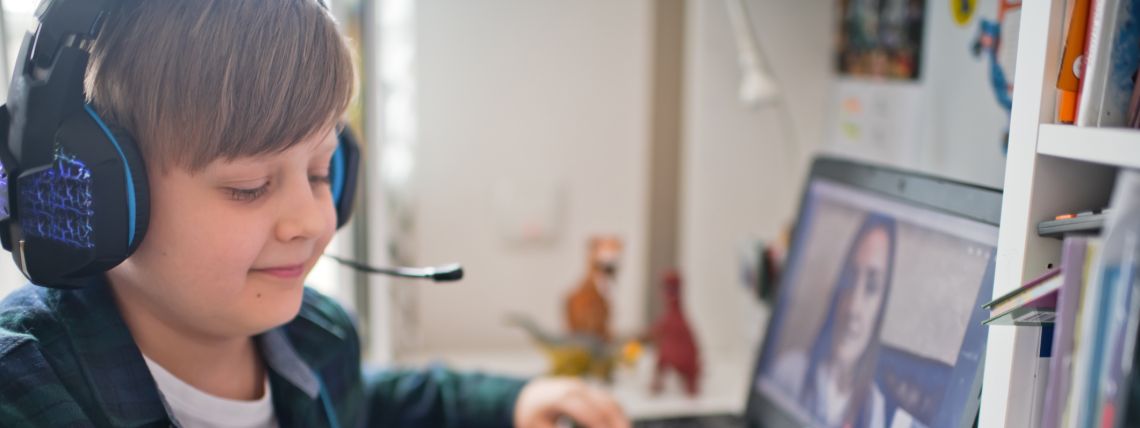Opportunities for Utilizing Remote Teaching in Basic Education

The evaluation of the opportunities for utilizing remote teaching in basic education is linked to the government program’s statement: “The government will assess the possibilities of utilizing remote teaching more broadly in basic education, with clearly defined regulations, for example in the teaching of optional languages.” The information produced by the evaluation supports the work of a task force led by the Ministry of Education and Culture, which examines the challenges of demographic development in basic education. The evaluation will be carried out from April 1, 2025, to May 30, 2026.
The aim of the evaluation is to create a comprehensive overview of how remote teaching has been implemented in basic education and what experiences have been gained from it in terms of organizing teaching, collaboration between teachers, and the realization of students’ rights. Based on the results, recommendations will be compiled for expanding the use of remote teaching, for example in the teaching of optional languages and minority religions.
In terms of the strategic goals of Karvi’s evaluation plan for 2024–2027, the evaluation relates to promoting social, ecological, and economic sustainable development, as well as the continuous improvement of education quality. Challenges in demographic development and regional differentiation pose difficulties for organizing equal and equitable basic education as age groups shrink and school networks become sparser. Ensuring students’ educational rights and the right to free education in a local school presents various challenges for municipalities now and in the future.
Remote Teaching in the Basic Education Act and Curriculum Guidelines
According to the Basic Education Act (628/1998), municipalities are obligated to provide basic education to school-age children residing in their area. A municipality may organize the education itself, in cooperation with other municipalities, or by purchasing it from another provider of basic education. Education must be provided in a safe learning environment, appropriate to the students’ age and capabilities. There is currently no specific legislation for remote teaching; the same laws apply as for in-person teaching.
According to the National Core Curriculum for Basic Education (Finnish National Agency for Education, 2014), remote teaching can be used to complement other teaching and diversify learning opportunities, for example in the teaching of less commonly studied languages and minority religions.
Data Collection
The evaluation project will collect both qualitative and quantitative data. Qualitative data will consist of interviews with teachers and students, as well as discussions in workshops. The workshops are open to education providers and municipalities that already have experience with organizing remote teaching, as well as those planning to implement it.
Quantitative data will be collected through two separate surveys. The first survey will be directed at education providers, heads of education departments, and other school staff. The second survey aims to reach teachers of foreign languages and minority religions.
Related Evaluation Materials
- Project Plan
- Data Protection
Lisätietoja

